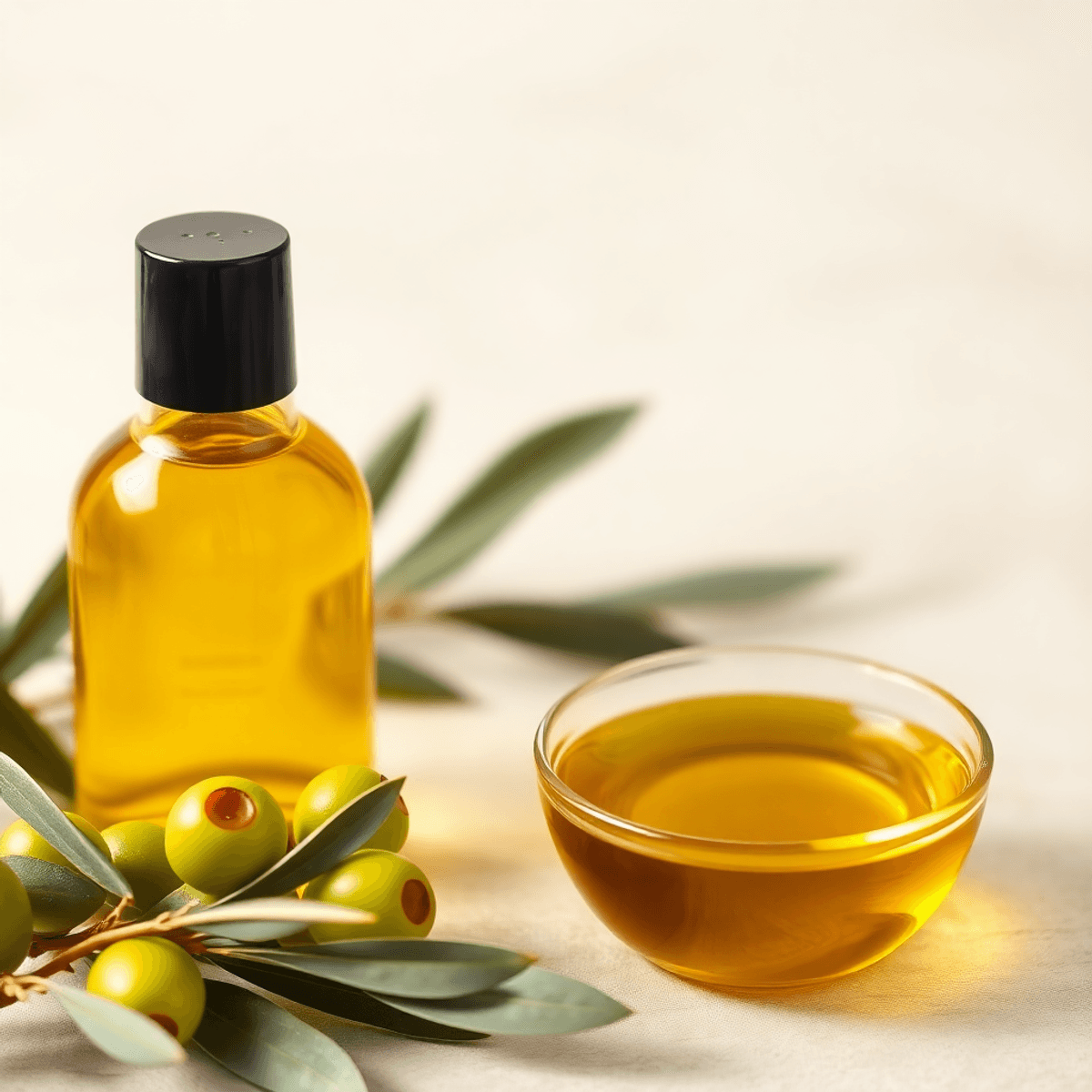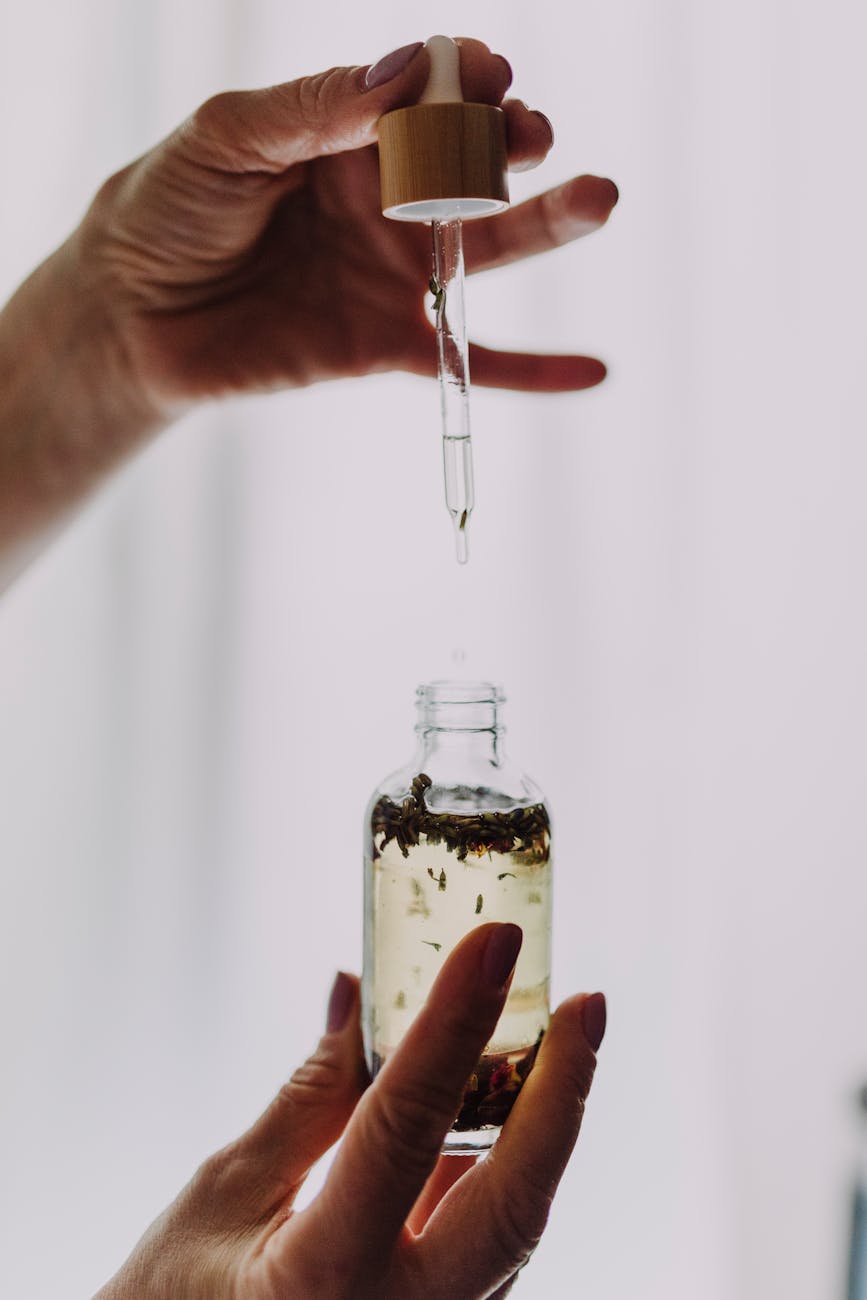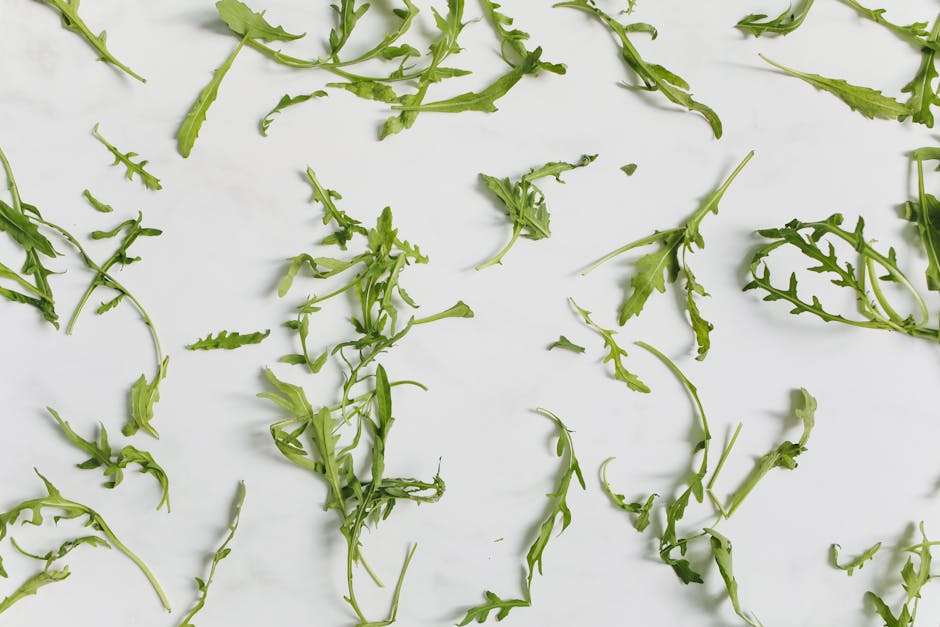Introduction
Olive oil has long been celebrated for its versatility, extending beyond culinary uses to become a staple in skincare routines across the globe. This natural elixir is rich in antioxidants, squalene, and essential vitamins like A, D, E, and K. These nutrients work together to nourish your skin naturally, offering protection against environmental damage while promoting a radiant complexion.
The shift towards using natural remedies for skin health underscores the importance of ingredients that not only enhance beauty but also support overall wellness. Olive oil’s unique blend of polyphenols and other beneficial compounds makes it an ideal choice for those seeking gentle yet effective skincare solutions.
In this article, you’ll discover:
- The moisturizing properties of olive oil
- Olive oil’s role in treating various skin conditions
- Its anti-aging benefits
- How it aids in scar and stretch mark treatment
- Tips for using olive oil effectively on your skin
- Considerations when choosing quality olive oil for skincare
Prepare to explore how incorporating the benefits of olive oil for skin into your daily routine can transform your skincare regimen.

1. Moisturizing Properties of Olive Oil
Olive oil is a natural moisturizer that stands out from the rest. It has the unique ability to penetrate deeply into the skin, providing long-lasting hydration. Packed with fatty acids and squalene, its composition closely resembles the skin’s natural sebum, making it highly effective for skin hydration. This characteristic is especially advantageous for individuals with dry and sensitive skin types, where retaining moisture is of utmost importance.
Benefits for Dry Skin
Olive oil’s emollient properties help lock in moisture, creating a protective barrier that prevents water loss. As a result, it promotes softer and more supple skin.
Benefits for Sensitive Skin
The gentle nature of olive oil makes it suitable for sensitive skin, reducing the risk of irritation compared to harsher synthetic alternatives.
The heavy nature of olive oil has been compared to synthetic moisturizers that often contain chemical additives. These synthetic moisturizers can sometimes strip the skin of its natural oils or trigger reactions due to artificial fragrances and preservatives.
On the other hand, olive oil offers a pure, chemical-free solution that works in harmony with the skin’s natural processes. By opting for olive oil as your primary moisturizer, you can elevate your skincare routine with an ingredient that not only hydrates but also nourishes the skin without any undesirable side effects.
Moreover, combining beauty supplements with olive oil can further enhance your skincare results. These supplements provide essential nutrients that promote healthier skin from within.
While prioritizing skincare is important, it should go hand in hand with overall health considerations. For example, incorporating garlic for cardiovascular health into your diet through easy meal prep strategies is a well-known remedy.
Additionally, if you frequently drive at night, exploring some nighttime driving accessories could enhance your driving experience during those hours.
Lastly, if you’re interested in monitoring your health or managing specific conditions more effectively, looking into medical gadgets might prove beneficial.
2. Treatment for Skin Conditions with Olive Oil
Olive oil is a powerful remedy for various skin conditions. Its antibacterial properties make it an effective acne treatment. By fighting against acne-causing bacteria, olive oil can help reduce breakouts and promote clearer skin.
For those suffering from eczema and dermatitis, olive oil offers soothing relief. Its gentle, natural composition helps alleviate the itchiness and irritation associated with these flare-ups. The nourishing elements within olive oil work to hydrate and soften the skin, easing discomfort. This aligns well with health improvement goals, as it provides natural relief without harsh chemicals.
Psoriasis, characterized by red, scaly patches, can also benefit from olive oil’s anti-inflammatory benefits. The polyphenols present in olive oil act as potent anti-inflammatory agents that may reduce inflammation and redness associated with psoriasis.
Incorporating olive oil into your skincare routine can provide a natural alternative to commercial treatments. By harnessing its antibacterial and anti-inflammatory properties, you can address multiple skin concerns while nurturing your skin with its rich nutrients. This approach not only improves your skin health but also contributes to overall wellness, making it a holistic solution for various skin issues.
3. Anti-Aging Benefits of Olive Oil
“Let the golden elixir of olive oil be your fountain of youth, for its antioxidants and vitamins are the guardians against time, softly erasing the lines it etches on our skin.”
Key Components:
- Vitamins A, D, E, and K: These essential vitamins contribute to the regenerative properties of olive oil, enhancing skin elasticity and promoting a smoother complexion.
- Antioxidants: The high concentration of antioxidants combats free radicals, which are responsible for premature aging. By neutralizing these harmful molecules, olive oil helps protect your skin from environmental damage.
Benefits of Olive Oil for Skin:
- Reducing Fine Lines and Wrinkles: The hydrating nature of olive oil plumps up the skin, reducing the visibility of wrinkles and fine lines over time.
- Youthful Radiance: Regular use infuses the skin with a healthy glow due to improved hydration and nourishment provided by its rich nutrient profile.
- Improved Elasticity: Enhanced by its vitamins, olive oil supports collagen production, which maintains skin elasticity and firmness.
Integrating olive oil into your skincare routine offers a natural approach to slow down the aging process while nourishing your skin’s health. This versatile ingredient not only rejuvenates but also sustains your skin’s vitality through its potent blend of nutrients.
4. Scar and Stretch Mark Treatment with Olive Oil
Olive oil’s ability to fade scars and stretch marks comes from its rich composition of antioxidants and vitamins. These nutrients work together to improve skin regeneration, promoting the healing process at a cellular level. The high concentration of squalene, a natural antioxidant, provides an extra boost by protecting skin cells from oxidative stress, which can slow down healing.
Application is key to maximizing results. Here are some best practices:
- Warm the Oil: Slightly warm the olive oil before application to improve absorption into the skin.
- Gentle Massage: Use gentle circular motions to massage the oil into the affected areas. This not only helps in better penetration but also stimulates circulation.
- Consistency is Crucial: Regular application, at least twice daily, can significantly improve results over time.
- Combine with Other Ingredients: For enhanced effects, consider mixing olive oil with other beneficial ingredients like aloe vera or vitamin E oil.
Before adding olive oil into your skincare routine for scar and stretch mark treatment, it’s a good idea to do a patch test first. This ensures that your skin reacts positively without any negative reactions.
How to Use Olive Oil on Your Skin Effectively
The benefits of olive oil for your face are numerous, making it a versatile addition to any skincare routine. As a moisturizer or makeup remover, olive oil can be applied directly to the skin using a cotton pad or your fingertips.
Recommended Methods
- Moisturizer: Apply a few drops of olive oil onto clean, damp skin. Gently massage it in circular motions until absorbed. This method helps lock in moisture and provides a protective barrier against environmental stressors.
- Makeup Remover/Cleanser: Dab a small amount of olive oil onto a cotton pad and gently wipe across your face to remove makeup. Rinse with warm water and pat dry.
Tips for Different Skin Types
- Dry Skin: Olive oil is particularly beneficial due to its rich emollient properties. Apply generously, focusing on areas prone to dryness.
- Oily Skin: Although it might seem counterintuitive, using olive oil in moderation can help balance sebum production. Opt for a lighter application, ensuring the oil is fully absorbed to avoid clogging pores.
Understanding the advantages of olive oil for both oily and dry skin types allows you to tailor its use effectively in your skincare regimen, maximizing the advantages of olive oil for your skin while addressing specific needs and concerns.
Choosing Quality Olive Oil for Skincare Use
Selecting the right quality olive oil is crucial for reaping the benefits of olive oil for skin. When it comes to skincare, extra virgin olive oil stands out as the top choice. This type of olive oil is minimally processed and retains most of its natural nutrients, making it ideal for nourishing your skin.
When purchasing olive oil, consider the following:
- Certification: Look for products that are EU Certified Organic or labeled as Ancient Italian Extra Virgin Olive Oil. These certifications ensure the oil is pure and free from harmful additives. For instance, you can explore organic options that meet these standards.
- Cold-Pressed: Opt for cold-pressed oils to guarantee that the nutrients remain intact during extraction.
- Packaging: Choose bottles made from dark glass to protect the oil from light exposure, which can degrade its quality.
Using high-quality olive oil not only enhances its moisturizing and healing properties but also reduces the risk of adverse reactions on your skin. Prioritizing quality ensures that your skincare routine remains both effective and safe. Additionally, incorporating high-potency Vitamin D3 into your diet can further improve your skin’s health by supporting immune function and bone health.
For those interested in exploring other beneficial oils, consider looking into organic castor oil, which has its own unique set of skincare benefits. Remember, just like with olive oil, selecting high-quality castor oil is essential for achieving desired results.
Potential Risks and Considerations with Olive Oil Skincare Routine
Understanding the risks of using olive oil on skin is crucial. Though it’s a natural remedy, olive oil might not suit everyone. Those with sensitive or oily skin should exercise caution. Here’s why:
- Sensitive Skin: Olive oil can sometimes cause irritation or allergic reactions, leading to redness or rashes.
- Oily Skin: This oil may exacerbate breakouts by clogging pores if not fully absorbed.
Testing a small area before widespread application helps avoid adverse effects. Always consult a dermatologist if uncertain about including olive oil in your skincare routine.
Conclusion
Make olive oil a part of your daily routine to enjoy its natural benefits for your skin. Learn how to use olive oil for acne and experience its calming effects on problematic skin. The benefits of olive oil for skin go beyond just hydration; it also fights signs of aging and helps reduce scars. By choosing high-quality olive oil, you ensure that your skin gets the nourishment it needs. This versatile solution not only improves your skincare routine but also supports overall well-being, including natural immune support.
In addition, while you’re working towards healthier skin with olive oil, think about adding some home workout equipment to your routine for complete fitness. Start your journey towards healthier skin and body by making olive oil a key part of your beauty regimen today and exploring Amazon fitness gear for your exercise requirements.
We are a participant in the Amazon Services LLC Associates Program, an affiliate advertising program designed to provide a means for us to earn advertising fees by linking to Amazon.com and affiliated websites.











